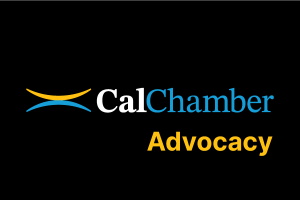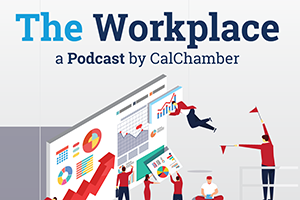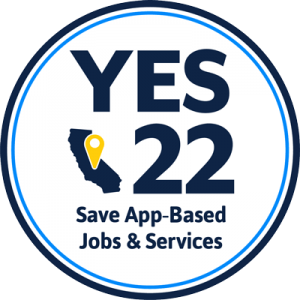No on Proposition 15
Vote No on Proposition 15: A $12.5 billion a year property tax increase—the largest in state history—that is riddled with flaws which will hurt all Californians
The California Chamber of Commerce and a coalition of business and taxpayer groups are leading a strong effort to defeat the split roll property tax measure, Proposition 15 on the November ballot.
Proposition 15 is a $12.5 billion a year property tax increase—the largest in state history—that is riddled with flaws which will hurt all Californians. Contrary to what its supporters claim, Proposition 15 will not help local governments and schools recover from the COVID-19 induced economic crisis.
The measure will also hurt the small businesses that employ half of all California employees.
The California Assessors’ Association is opposing Proposition 15, stating that it will cost more than $1 billion to implement in the first three years and would be impossible to administer
Moreover, groups representing two direct beneficiaries of the tax funds are not supporting the measure: the League of California Cities refused to support Proposition 15, while the California School Boards Association voted to remain neutral.
Broad Opposition
In addition to the CalChamber, the Californians to Save Prop 13 and Stop Higher Property Taxes coalition leading the campaign against Proposition 15 includes the California Taxpayers Association, California Business Roundtable, Howard Jarvis Taxpayers Association and California Business Properties Association.
The bipartisan coalition opposing Proposition 15 consists of more than 1,500 organizations, businesses, elected officials and individuals, and a growing list of more than 200,000 advocates in support of Proposition 13.
Proposition 15 Fallout
Among the many problems with Proposition 15 that the campaign has identified are:
• Hurts small businesses. Most small businesses rent the property on which they operate and have a “triple net lease” under which they are responsible for paying property taxes, insurance and maintenance costs. Small businesses—such as restaurants, gyms, barber shops, daycare centers, grocery stores, nail salons—will pay higher rents if Proposition 15 passes.
• Harms female- and minority-owned businesses. Numerous studies show that increasing property taxes on small businesses will have a disproportionate negative impact on businesses owned by women and minorities.
• Lacks accountability and transparency. Flimsy reporting requirements in Proposition 15 will enable government agencies to hike where they are spending the new tax dollars. There is no independent oversight.
• Leads to higher grocery bills. By removing Proposition 13 protections for California farmers and ranchers, Proposition 15 will trigger higher property taxes for agriculture-related improvements. Among those affected will be dairies, processing plants, fruit and nut growers, wineries and vineyards. Most food items will face higher property taxes several times in the journey from farm to processing, packaging, distribution and the grocery store.
• Makes housing crisis worse. The increased property tax on industrial and commercial developments will ultimately discourage new home construction, leading to higher rents and home prices.
• Increases energy costs. Voter-approved property tax protections for solar energy systems will give way to higher property taxes for all active solar energy systems, including solar energy facilities selling renewable energy to California utilities, starting in 2022.







